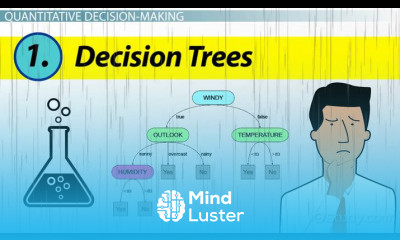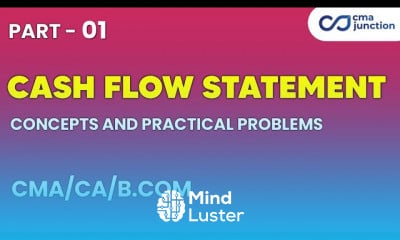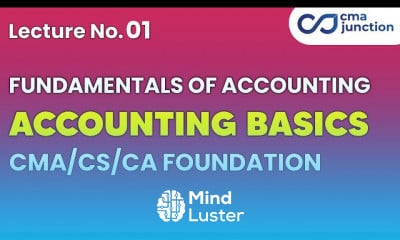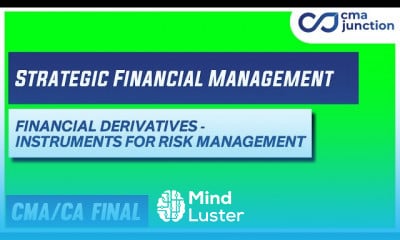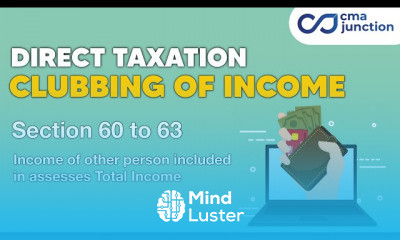Bank Reconciliation Statement | Accounting Basics | Fundamentals of Accounting |
Share your inquiries now with community members
Click Here
Sign up Now
Lessons List | 4
Lesson
Comments
Related Courses in Business
Course Description
Some of the basic accounting terms that you will learn include revenues, expenses, assets, liabilities, income statement, balance sheet, and statement of cash flows. You will become familiar with accounting debits and credits as we show you how to record transactions.What are the 5 basic accounting principles?
These five basic principles form the foundation of modern accounting practices.
The Revenue Principle. Image via Flickr by LendingMemo. ...
The Expense Principle. ...
The Matching Principle. ...
The Cost Principle. ...
The Objectivity Principle.What are the 3 basic principles of accounting?
Take a look at the three main rules of accounting:
Debit the receiver and credit the giver.
Debit what comes in and credit what goes out.
Debit expenses and losses, credit income and gains.What are 3 types of accounts?
3 Different types of accounts in accounting are Real, Personal and Nominal Account. Real account is then classified in two subcategories – Intangible real account, Tangible real account.Basic accounting principles
Accrual principle. ...
Conservatism principle. ...
Consistency principle. ...
Cost principle. ...
Economic entity principle. ...
Full disclosure principle. ...
Going concern principle. ...
Matching principle.
Trends
Accounting Finance course
Web Design for Beginners
Web Design 101 Free Full Course
Graphic design rules for beginners
Psychology in graphic design for beginners
Create an instagram business page 2020
Financial Accounting
Logo design tools in illustrator
Test graphic design skills for beginners
Create a YouTube account on Your phone
Web Design Using HTML CSS
Create a professional website with Wix
Designing text effects in photoshop
CMA salaries in accounting and finance
Food banner design in photoshop for beginner
Isometric design in illustrator for beginners
Figma Signing Up and Signing In
Accounting
Earning money ways from blogging
AutoCAD Mechanical Design
Recent
Heart mandala art for beginners
Raksha bandhan mandala art
Tiger mandala art drawing
Onam mandala art
Birthday mandala art drawing
Apple mandala art drawing
Elephant mandala art drawing
Mothers day mandala art drawing
Birds mandala art drawing
Gudi Padwa mandala art
Ugadi mandala art
Ramadan mubarak mandala
Makar sankranti mandala art
Yoga mandala art drawing
Flute and feather mandala art
Friendship day mandala art drawing
Leaf mandala art for beginners
Ramadan mubarak mandala art drawing
Happy easter mandala art
Mandala drawing for beginners














